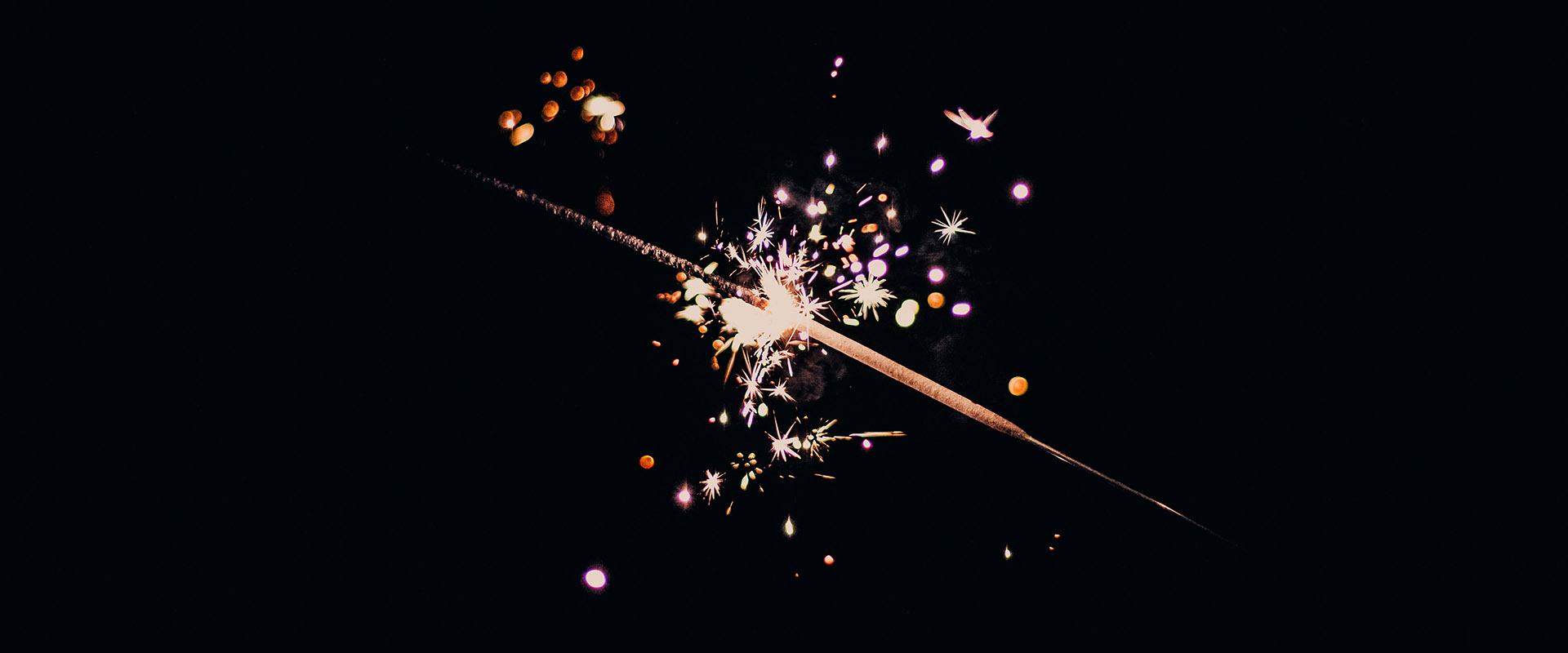We plant, pluck, build. We gather, embrace, seek, tear, sew, and speak. On other occasions, we reach the limits of our influence. We weep, mourn, lose, keep silent. And eventually, we die.
At times, power and influence — bestowed upon us by God — reside squarely with us. And at times, they are out of our reach. But circumstances of powerlessness can lead us to pray for wisdom and strength that reside outside of ourselves (Eccl 3:1-8).
A colleague recently wrote these reflections on human agency in the world:
The complex challenges of our era — extreme in scope — test human resolve and Christian faith. Whether and how we face today’s human and global dilemmas is not uncomplicated and, to a significant extent, is connected to how we view ourselves as agents and stewards of God’s world. Our decisions and actions, collectively and individually, have impacts: They can heighten, attenuate, or resolve problems and bring healing. They can be life-giving or deadly. In every field of human endeavor — from artificial intelligence to cryptocurrency to genetic engineering to protection of human rights — our efforts to exercise reason, pose relevant ethical questions, lead, and act for the greater good, all matter. We need divine intelligence to both ground and move us to act on behalf of this stricken planet, our communities, and all the creatures that inhabit it.
Truly, “our efforts to exercise reason, pose ethical questions, lead, and act for the greater good” matter. But as image bearers of God — who only see in a mirror dimly and know in part — we must acknowledge that our capacities are limited. Rightly understanding our agency influences the manner in which we choose to engage society’s most challenging problems — and determines that “we need divine intelligence” indeed.
C.S. Lewis repeatedly addressed the exercise of agency through the practice of prayer. In his short essay, “Work and Prayer,” he responded to a common objection regarding the efficacy of prayer that read: “If he is all-wise, as you say he is, doesn’t he know already what is best? And if he is all-good, won’t he do it whether we pray or not?” In other words, if God is omniscient and loving, why bother to pray?
Lewis’ response examines a false distinction common in the understanding of prayer: that there is a lesser sort of prayer that “consists in asking for things to happen,” and a higher sort that “offers no advice to God” and only seeks communion. The problem with this distinction, notes Lewis, is that it strays from biblical teaching. Through petitionary prayer, God’s people repeatedly enlist his strength. By calling on the name of the Lord, for example, Elijah dramatically defeats the prophets of Baal (1 Kgs 18:20-40). And Jesus even invites his followers to ask, seek, and knock, and to appeal to the Father for daily bread (Matt 7:7, 6:11).





